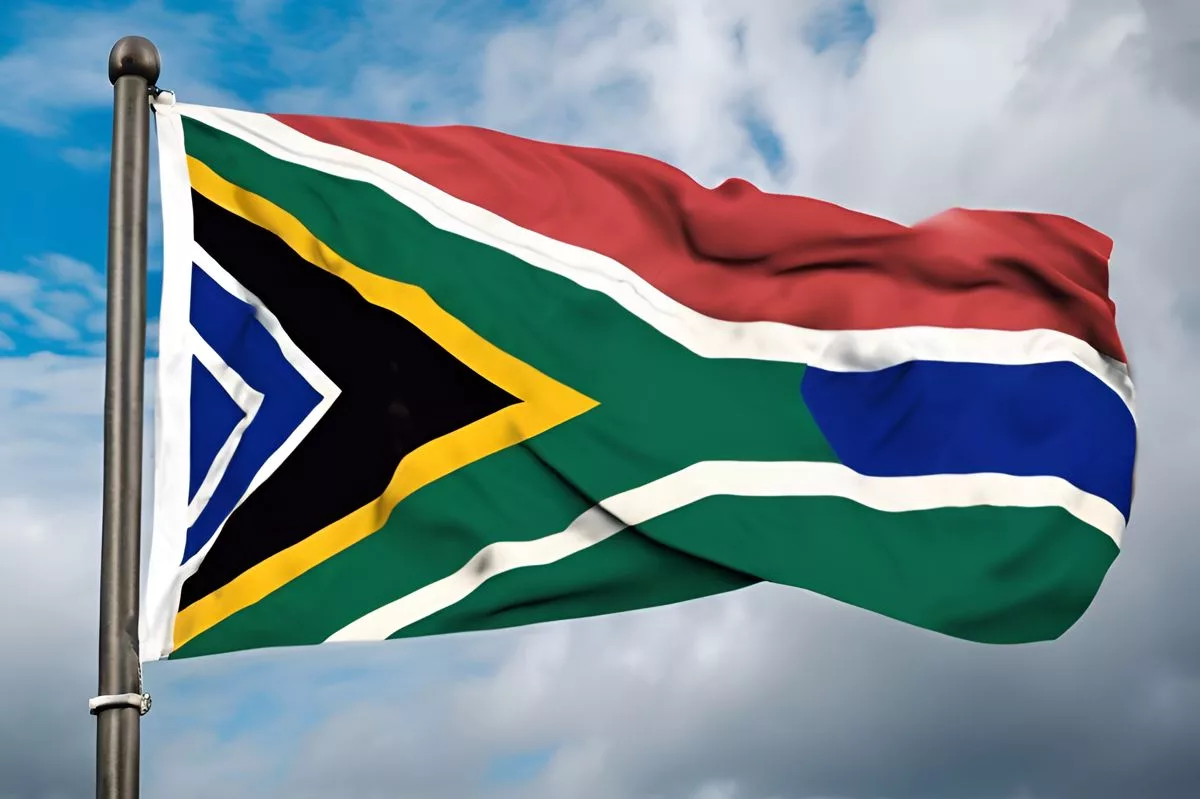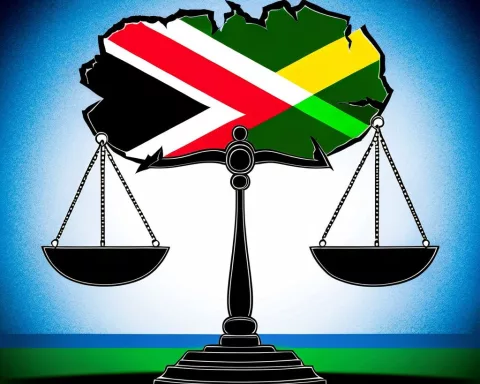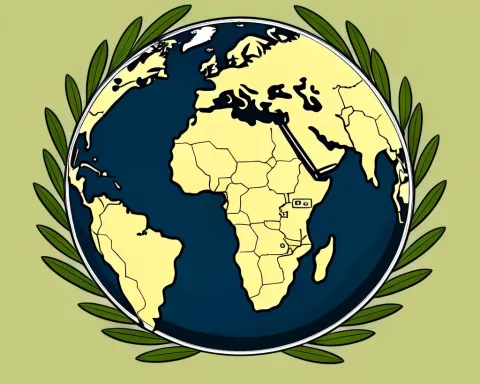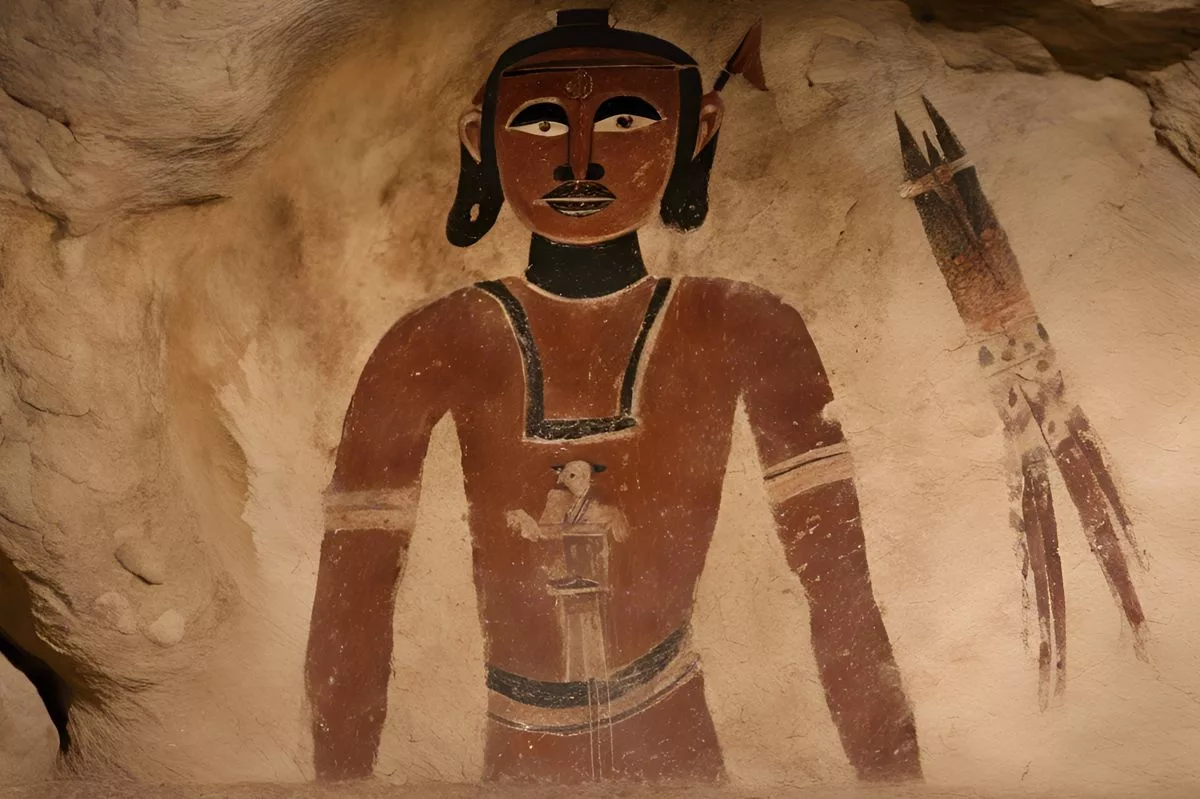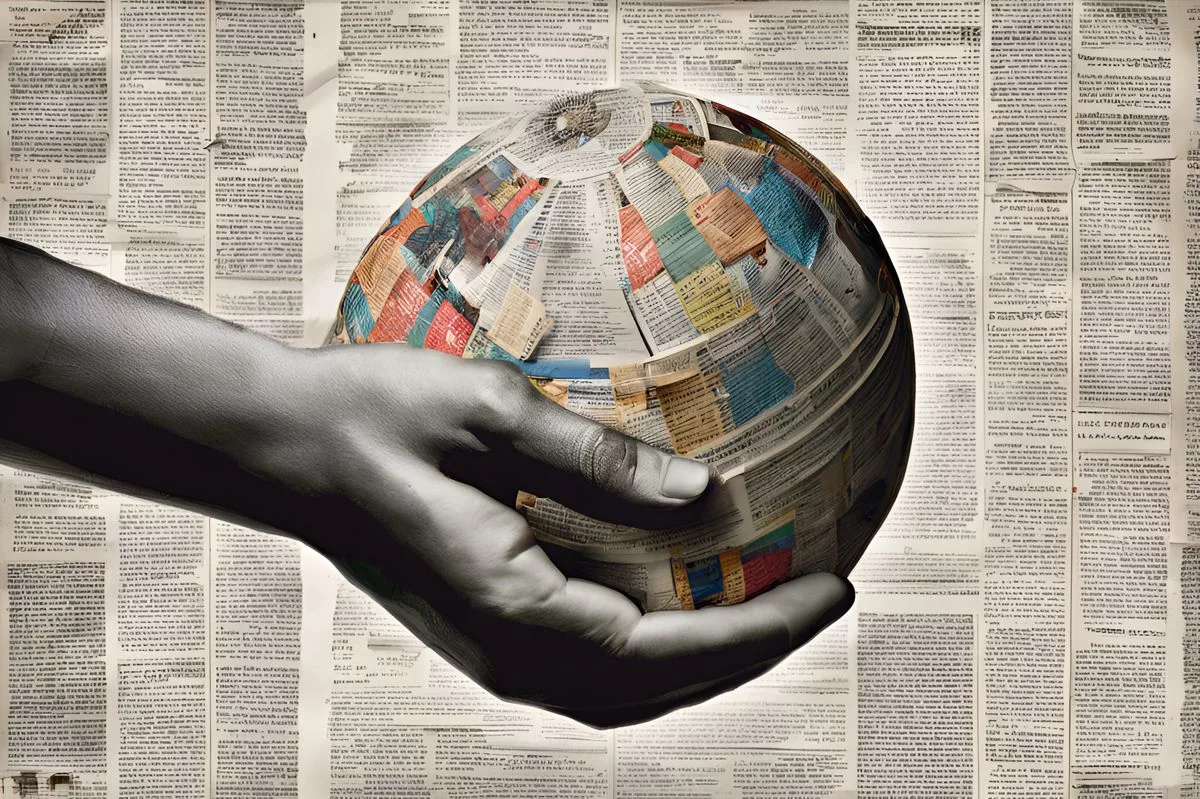President Cyril Ramaphosa dispelled rumors of Julius Malema’s alleged pitch for the Deputy President’s position, stating that Malema had never proposed himself for the role. Malema endorsed Veronica Mente for the Deputy Speaker’s role, emphasizing his demands for governmental accountability. Despite his aspirations for a significant governmental role, the EFF’s rank dropped to fourth among South Africa’s political parties, dashing Malema’s ambitions.
The Unraveling of South African Political Intrigue
President Cyril Ramaphosa dismissed rumors of Julius Malema’s alleged pitch for the Deputy President’s position, stating that Malema had never proposed himself for the role. Malema emphasized his demands for governmental accountability and endorsed Veronica Mente for the Deputy Speaker’s role. Despite his aspirations for a significant governmental role, the EFF’s rank dropped to fourth among South Africa’s political parties, dashing Malema’s ambitions.
The Dispelling of Speculations
In the realm of South African politics where unpredictability reigns supreme, President Cyril Ramaphosa vehemently dismissed a swirling tornado of rumors and conjecture. The centerpiece of this political drama was Julius Malema’s alleged pitch for the Deputy President’s position. Regardless of the media frenzy that ignited both prior to and post the 29th May elections, Ramaphosa firmly announced that Malema, the spearhead of the Economic Freedom Fighters (EFF), had never proposed himself for this role, often referred to as South Africa’s ‘second citizen.’
During a sixty-minute dialogue with eNCA’s Annika Larson, aired on a Thursday evening, the President’s affirmations served to cool the simmering rumor mill. Ramaphosa echoed Malema’s own sentiments previously expressed to his EFF comrades. This came in the wake of Floyd Shivambu’s conspicuous exit to join Jacob Zuma’s uMkhonto weSizwe (MK) Party. In no uncertain terms, Malema asserted that he had neither pursued nor would ever desire a Deputy President’s tenure under Ramaphosa.
Malema’s Aspirations and Disappointments
In his interactions with Ramaphosa, Malema emphasized his demands for governmental accountability. He was forthright in his endorsement of Veronica Mente for the Deputy Speaker’s role, a position he regards as pivotal to government scrutiny. This belief holds true for Malema regardless of any changes in government composition.
In the run-up to the elections, Malema had openly voiced his aspirations for a significant governmental role. This ambitious revelation occurred during a discussion with journalist Sam Mkokeli. When the prospect of the Deputy President’s role was suggested by Mkokeli, Malema was swift to aim higher, raising the question of why he was not being considered for the presidency.
The election results, however, dashed Malema’s ambitions with a harsh reality check. The EFF’s rank dropped to fourth among South Africa’s political parties. The MK Party ascended as the third major party, tailing the African National Congress (ANC) and the Democratic Alliance (DA), thereby dashing Malema’s aspirations. The ANC, in response, collaborated with the DA and other parties to form the so-called ‘government of national unity‘, with no role for Malema.
The Missed Opportunity and Acceptance
Despite his dreams being thwarted, Malema was offered a glimmer of hope to join the government. This materialized when Nqabayomzi Kwankwa of the United Democratic Movement nominated him for the President’s role in the National Assembly post the swearing-in of the seventh Parliament’s members on 14th June 2024. However, Ramaphosa, nominated by the ANC’s Mdumiseni Ntuli and seconded by Inkatha Freedom Party leader Velenkosini Hlabisa, trounced Malema by securing 283 votes to Malema’s 44.
In a magnanimously delivered defeat speech, Malema congratulated President Ramaphosa. He clarified, nonetheless, that despite accepting the outcome, he was at odds with the political comradeship between the ANC and the DA. His valediction was a pledge to ensure the effective functioning of the Parliament and to hold Ramaphosa and the DA accountable.
The Dynamics of South African Politics
The intricate weaves of power struggles, public affirmations, and political dexterity of Julius Malema and President Cyril Ramaphosa’s steadfast position offer a fascinating narrative. The ever-evolving landscape of South African politics continues to unfurl a captivating spectacle, heralding more thrilling sagas in the future.
1. What were the rumors surrounding Julius Malema’s role in South African politics?
There were swirling rumors that Malema had pitched for the Deputy President’s position, but President Cyril Ramaphosa dispelled these rumors, stating that Malema had never proposed himself for the role.
2. Who did Malema endorse for the Deputy Speaker’s role?
Malema endorsed Veronica Mente for the Deputy Speaker’s role and emphasized his demands for governmental accountability.
3. Did Malema achieve his aspirations for a significant governmental role?
No, the EFF’s rank dropped to fourth among South Africa’s political parties, dashing Malema’s ambitions.
4. Was Malema offered a role in the government?
Yes, Nqabayomzi Kwankwa of the United Democratic Movement nominated him for the President’s role in the National Assembly post the swearing-in of the seventh Parliament’s members on 14th June 2024.
5. Who won the nomination for the President’s role in the National Assembly?
Ramaphosa, nominated by the ANC’s Mdumiseni Ntuli and seconded by Inkatha Freedom Party leader Velenkosini Hlabisa, trounced Malema by securing 283 votes to Malema’s 44.
6. What was Malema’s response to the outcome of the nomination for the President’s role?
In a magnanimously delivered defeat speech, Malema congratulated President Ramaphosa. He clarified, nonetheless, that despite accepting the outcome, he was at odds with the political comradeship between the ANC and the DA.

